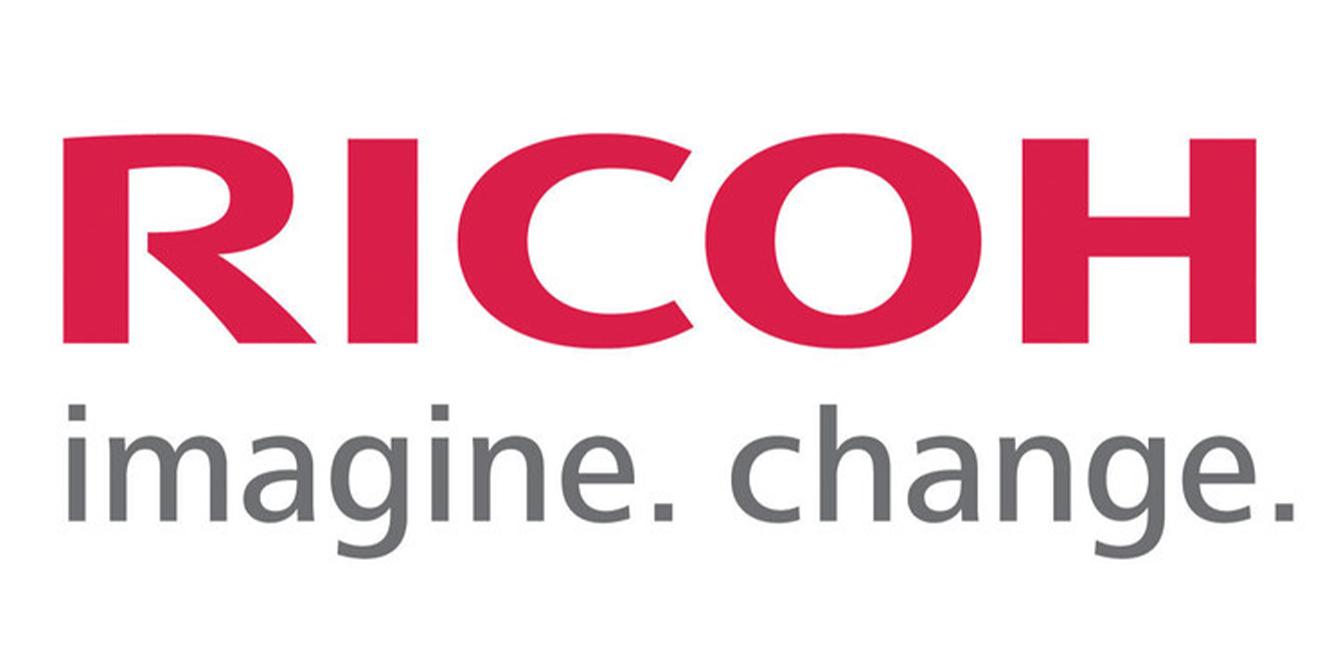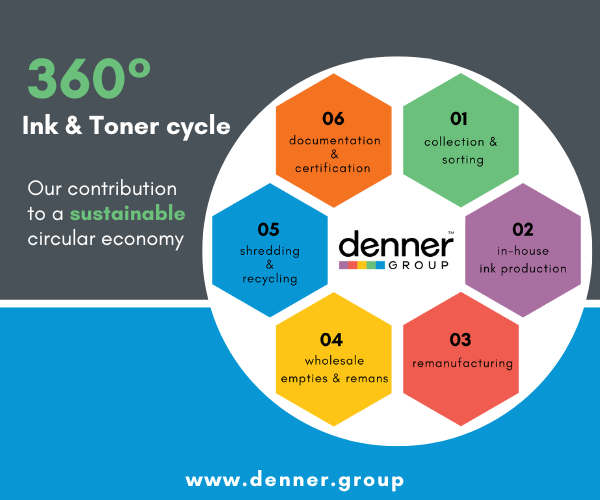The company has announced the successful rollout of its new digital transformation tool, the ‘Digital Services Maturity Indicator’ (DSMI).
Ricoh UK explained that this new software will enable companies to sharpen their competitive edge in the digital space, through a comprehensive review of current capabilities in agility, resilience, security and longevity across operations, IT, finance, HR and facilities sectors.
Ricoh said that it has identified that while many businesses have been digitised, they have yet to evolve their strategic digital approach. Research by Ricoh found that two thirds (65%) of UK office employees expect amplified capabilities through intelligent tools as standard working practice and would even welcome some element of AI or automation into their role. According to the follow up research, this has a direct impact on employee experience and, ultimately, on staff retention.
Glenn Griggs, Director of Sales at Ricoh UK, said: “Key to business longevity and sustainability is being able to face and adapt to new challenges. Staying ahead in the digital world is a continuous pursuit, which can be a real challenge to get right – we’ve seen over 70% of organisations fail at their first attempts at digital transformation. Our Digital Services Maturity Indicator provides a clear and comprehensive overview of where an organisation currently sits as well as recommendations for a robust and agile digital transformation strategy.”
Digital maturity describes an organisation’s ability to respond and adapt to technological trends. Much like with humans, maturity comes in stages – the only difference being that organisations can accelerate their digital maturity and reach milestones quicker.
The DSMI allows organisations to ascertain their current digital maturity and, in turn optimise the value of digital investments and new opportunities. Following a short, free survey of their current capabilities, a personalised results report is generated with an assigned digital maturity score based on five critical elements of the workplace.
- Digital workspace
- Business process management
- Cloud and infrastructure
- Cybersecurity
- Digital experience









